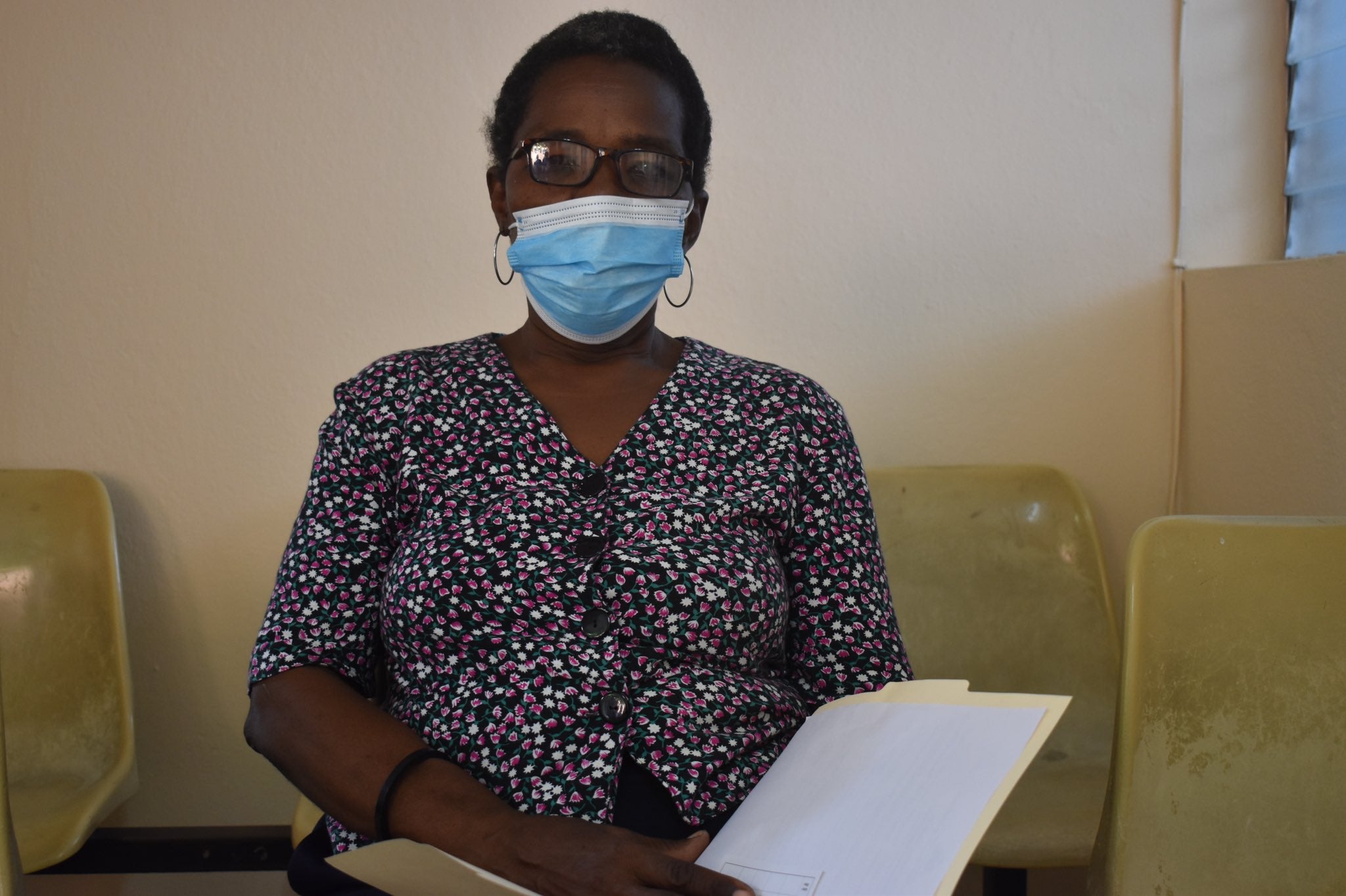
Port-au-Prince, 17th July 2021 --- Following the delivery of 500,000 doses of COVID-19 vaccine donated by the United States through the COVAX mechanism, a first vaccination session was organized on Friday, July 16 by the Ministry of Public Health and Population (MSPP) at the Hospital Universitaire de Paix (HUP) in Port-au-Prince, where many health professionals and elderly people came to receive the first dose of Moderna vaccine.
Solange Février, a cleaning lady at HUP, is among the first Haitians to be vaccinated in the country. "I work at the hospital, I am happy and it is a very good thing for the country. Moreover, after receiving my first dose, I feel very good," she explains.
I am happy and it is a very good thing for the country
Solange Fevrier, cleaning lady at the HUP
"This first vaccination session went well overall. The doses arrived at HUP in the early afternoon and by 2:45 pm, 38 people had already been vaccinated," explained Dr. Edmond Gue, Vaccination Program Officer at the PAHO/WHO office in Haiti, who came to observe the session.
Other vaccination centers should gradually open this weekend and during the next week in Port-au-Prince and its region, and then extend to the 10 departments of the country.
This donation of 500,000 through the COVAX mechanism is part of the U.S. government's efforts to increase COVID-19 coverage in other countries around the world, to counter new waves of infection, and to prioritize the vaccination of health care workers and other vulnerable populations in neighboring countries in need of vaccines. The U.S. government has committed to donating approximately 12 million doses of COVID-19 vaccine to countries in the Caribbean and Latin America.
To date, nearly 26 million doses of COVID-19 vaccine have been delivered to 31 countries in Latin America and the Caribbean through COVAX. However, only about 14% of the total population of the Caribbean and Latin America is fully vaccinated, and some countries have not yet been able to vaccinate more than 1% of their population.
Until vaccination is widespread among the population in Haiti and the region, public health measures remain the basis of the response to the pandemic. For public health authorities, this means continued screening, contact tracing, isolation, assisted quarantine and quality care. And for individuals, it means continuing to practice physical distancing, hand hygiene, use of masks, ventilation of spaces and avoidance of crowds.





